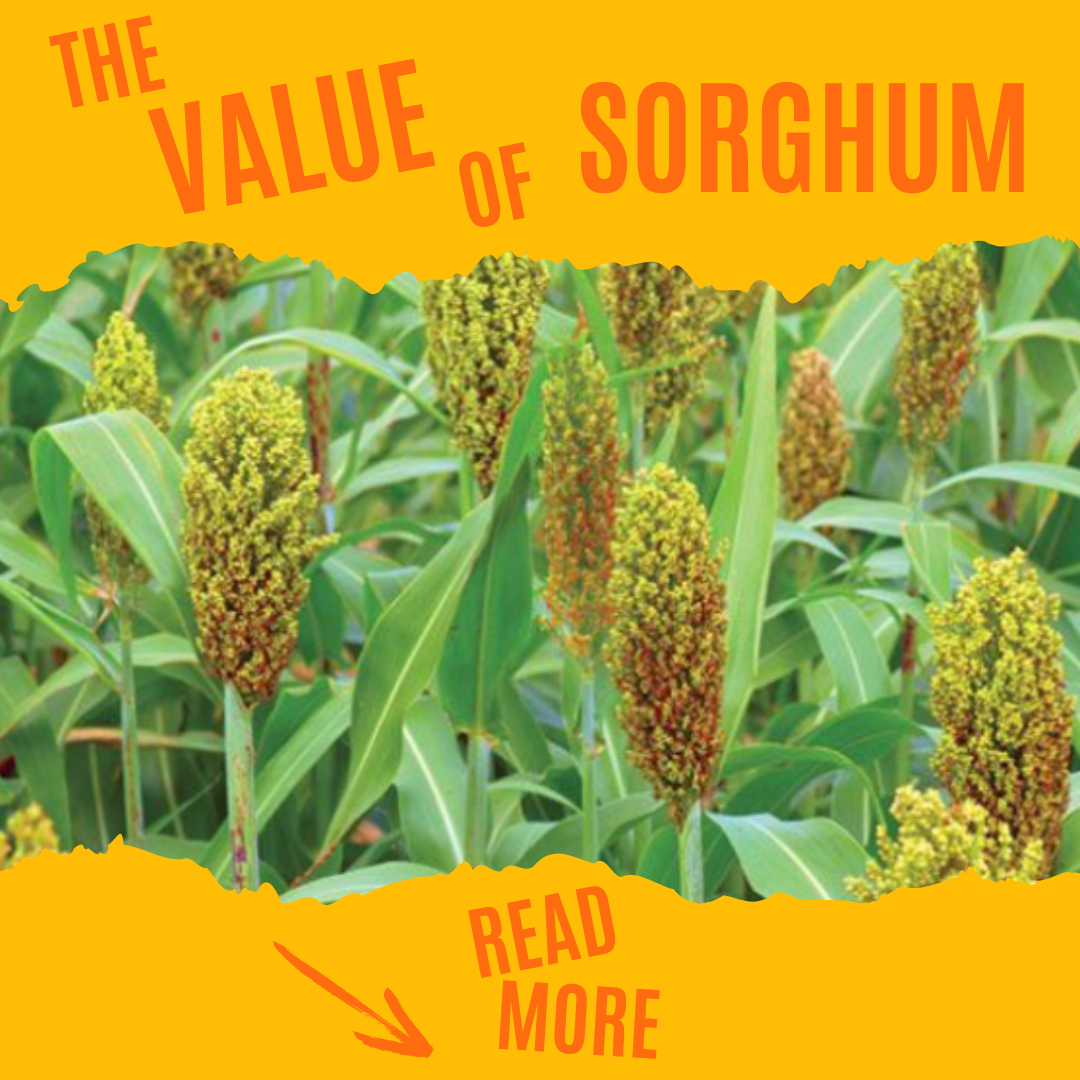HAPPY NATIONAL NUT DAY! - Boundless Activated Snacking
Ok, so it seems there's a national day for almost everything, but when I saw that 22nd October is National Nut Day I had to take advantage of the opportunity to rave about nuts, why they are a great addition to the diet and the health benefits of some of my favourite nuts.
Nuts often get a bad rep due to containing ‘too much’ fat or being ‘fattening’. Whilst nuts do contain dietary fats, the type of fat matters. Most nuts contain a mix of both saturated and unsaturated fats but are significantly higher in unsaturated fats. These unsaturated fats are otherwise known as our ‘healthy fats’ and are extremely healthy and protective for the heart, brain, hormones, joints and most other body systems too.
As well as being a source of healthy fats, nuts also contain some plant-based protein, fibre and a range of vitamins and minerals. Simply adding a small handful or sprinkle of nuts to a dish or your diet each day can really elevate your nutritional status by boosting vitamin, mineral, fibre and protein intakes.
So, here are 4 of my favourite nuts and why they are so good for us.
- Almonds
Almonds are one of my favourite nuts and are great for all kinds of cooking, baking and snacking. Almonds are one of the lower carbohydrate nuts out there, and can be used within baking in place of flour or as a coating for chicken or fish in place of a breadcrumb. A 30g handful of almonds contains about 6g protein, 3.5g fibre, around 35% of daily vitamin E requirements and are a good source of magnesium too. Vitamin E is one of our antioxidant vitamins, which helps the body right off free radical damage and is supportive to the immune system.
- Walnuts
Walnuts are pretty special because they are the only tree nuts that contain a significant amount of plant-based omega 3 fatty acid called ALA, which gets converted into EPA and DHA. A 30g serving, which is about a small handful offers 4.4g of protein and 1.4g of fibre. They are a source of a range of vitamins and minerals including folate, vitamin b6, magnesium and manganese. Consuming walnuts regularly within the diet has shown to decrease total and LDL cholesterol and therefore may improve cardiovascular health.
- Cashews
Cashew nuts are kidney shaped and offer many nutritious benefits. A 30g serving contains 5g protein, 1g of fibre and are a great source of minerals copper and zinc. Zinc is one of the nutrients the immune system heavily relies on, so your body will thank you for adding a daily dose of cashew nuts to your diet, providing about 15% of your daily zinc requirements.
- Pecans
Pecans are a nut often used in sweeter dishes as they have a rich yet sweet and caramel like flavour, whilst still containing about 2.5g protein per 30g serving. Whilst they may be lower in protein than other nuts, they are higher in fibre that most others containing 2.7g per serving. Although pecans may not always be your go-to nut, it is important to consume a wide range of different nuts to increase gut bacteria diversity and to increase exposure to different nutrients.
Ways to incorporate nuts into your diet:
- A small handful of nuts with a piece of fruit as a snack
- A teaspoon of nut butter with your breakfast porridge or overnight oats
- Spread some nut butter on your toast, rice cake or oat cake
- Use carrots or celery sticks to dip into nut butter
- Crush up nuts to create a crumb which can be used to coat foods such as salmon
- Grind nuts up to replace wheat flour in baking recipes – almond flour works well
- Use ground nuts instead of breadcrumbs to elevate nutritional content
- Add some toasted nuts to salads
- Add some toasted cashew nuts to stir frys and curries
- Add some toasted mixed nuts to soups
- Flavour and roast your own nuts to give them some extra crunch and flavour
- Grab a bag of Boundless for an easy & highly nutritious snack!
- Yasmin
References:
Aune, D., Keum, N., Giovannucci, E. et al. Nut consumption and risk of cardiovascular disease, total cancer, all-cause and cause-specific mortality: a systematic review and dose-response meta-analysis of prospective studies. BMC Med 14, 207 (2016). https://doi.org/10.1186/s12916-016-0730-3
Deirdre K Banel, Frank B Hu, Effects of walnut consumption on blood lipids and other cardiovascular risk factors: a meta-analysis and systematic review, The American Journal of Clinical Nutrition, Volume 90, Issue 1, July 2009, Pages 56–63




Leave a comment